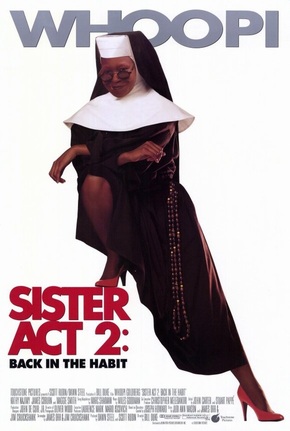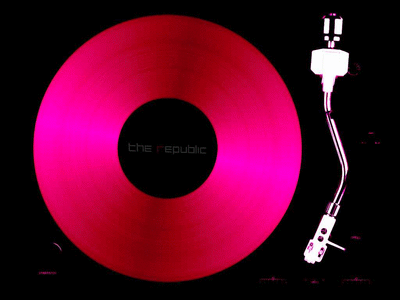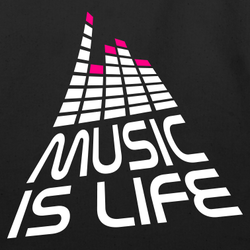 Original official movie poster
Original official movie poster An Extended Vocabulary
Thanks to this film, I had an impressive vocabulary at age 8. I picked up all kinds of stuff from scenes with the Afro-centric Ahmal (Ryan Toby), dorky Tyler Chase (Christian Fitzharris) and Delores Van Cartier, A.K.A. Sister Mary Clarence (Goldberg). I told my mother we didn’t have to buy tissue anymore if we put in a bidet, a toilet basin used to clean your privates after you’ve used the restroom (Mary Clarence funnily assumes the nuns got her one to snazzy-up her humble quarters). I often told my brother to extricate himself expeditiously from my room (Tyler:" the question at hand is how do we get this nun to extricate herself from us quickly and expeditiously?"). I learned the definition and proper pronunciation of anecdote (Rita: “I'm sorry I don't have any cute stories or antidotes to tell you.” Ahmal: “Anec, anecdote.” Rita: “Ahmal, shut up, mind your business”) and realized the meaning of the tabloid title, National Enquirer (Sketch: “Sister Mary Clarence said you quit the choir.” Maria: “Inquiring minds want to know”). The teens were in a music class, but there was science and multicultural studies involved: “fusion” was applied to glue Mary Clarence to her chair and Ahmal described his parents as “assimilationist” for giving him the more American name of Wesley vs. an African one like Ahmal. I don’t think my mom expected me to learn about human reproduction: Maria’s messed up mascara reminded Ahmal of the Mangbetu tribe’s ‘signs of fertility.’ There was also a tidbit of criminology. Mary Clarence berates the students for conceding to their cold feet before a live performance, saying “That's ya’ll’s M.O. See, that's how y'all operate—Ooh, something new; better run away." M.O. is Latin for modus operanti. The English translation is “method of operation,” used in criminology to describe the behavioral patterns of serial perpetrators. When that was explained in a college course, I thought “that’s what Mary Clarence meant!” My friend personally connected to the scene where Father Maurice called Mary Clarence “insubordinate” (defiant of authority; disobedient to orders) because his principal called him that multiple times.
Last but not least, I discovered 2 words that are my favorite to this day: plethora (Ahmal: “I'm sure we'll have a plethora of other opportunities”) and eclectic. Remember that scene where Mary Clarence says she’s “eclectic?” I love it; it’s one of my favorites. Margaret (Jennifer Love Hewitt) asks what the word means and Frankie (Devin Kamin), thinking he’s smarter than everyone, says “It’s when you plug your box in the wall and it gives you power, stupid." Ahmal, his somewhat rival, snaps back with “Not electric, eclectic. Stupid.” Finally, Mary Clarence: “What I mean is I like lots of different types of music.” Being the music nerd I was (and future music blogger), I definitely took the word the heart.
History
Ahmal cites Paul Laurence Dunbar and Shaka Zulu to uplift his peers and Mary Clarence hands Rita a book by Rainer Maria Wilke. Dunbar, a son of newly freed slaves, was a poet known for his dialect writings. Shaka Zulu was an African warrior king who’s military and ruling approaches are praised, criticized and analyzed, due to their both innovative and violent nature. Wilke is considered in literary history as one of the most enchanting visionaries, focused on existentialism at the heart of a transitioning period in poetry between the traditional and modernist eras.


 RSS Feed
RSS Feed